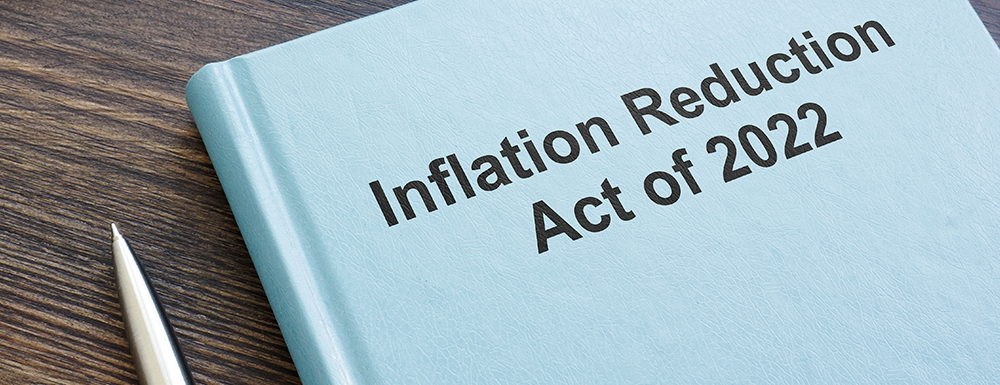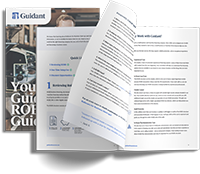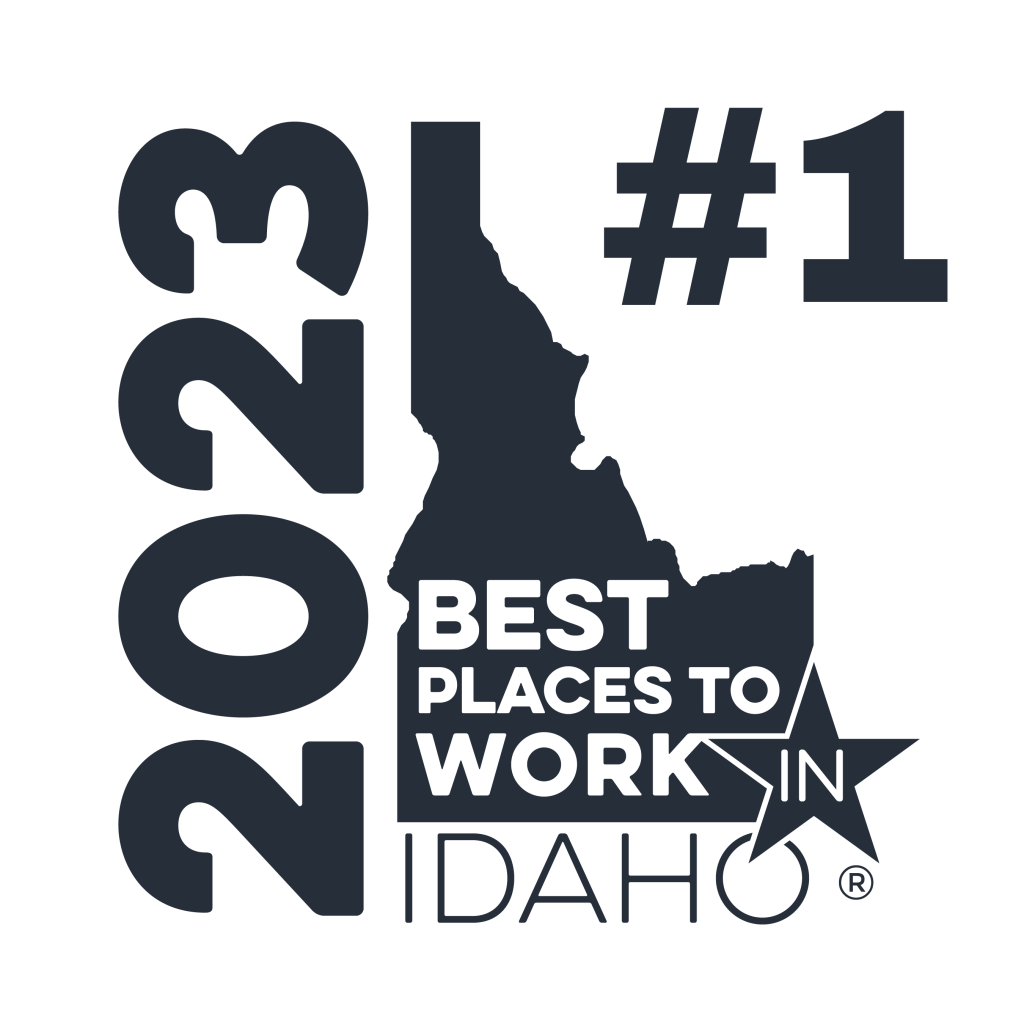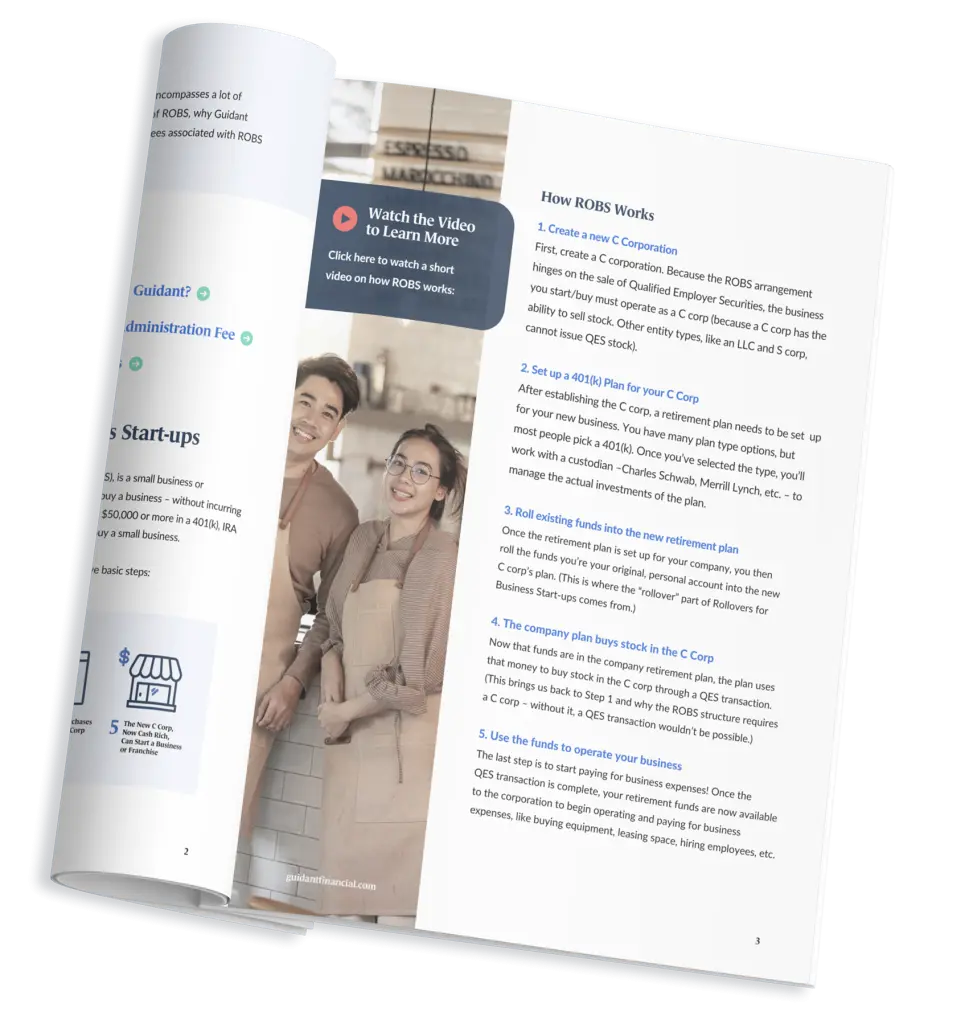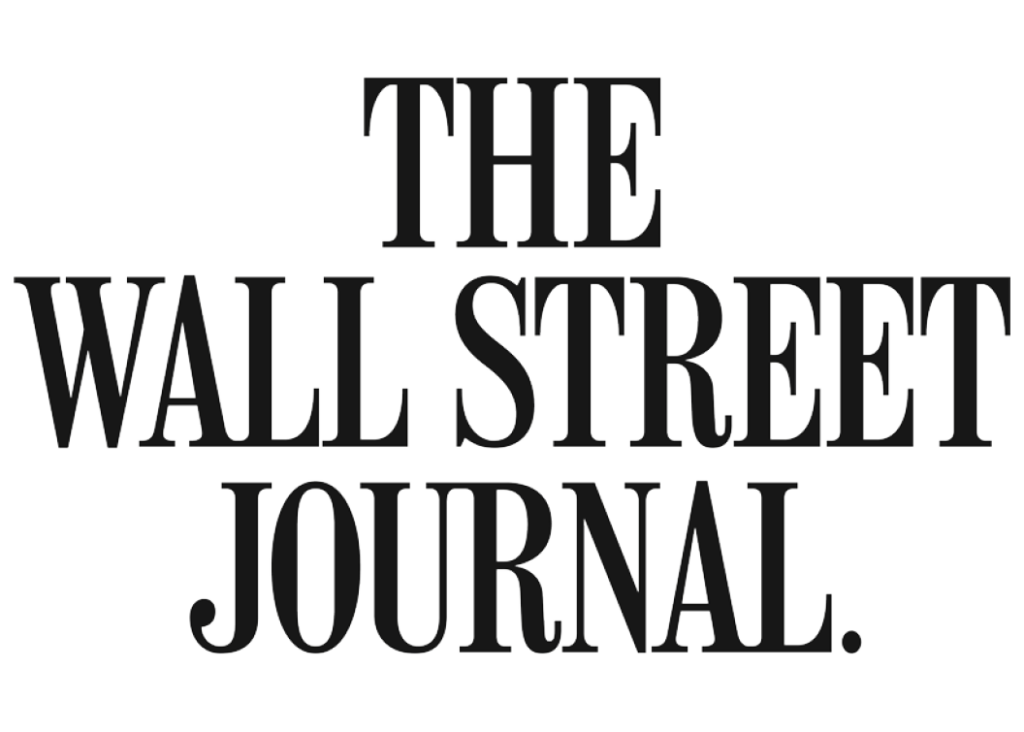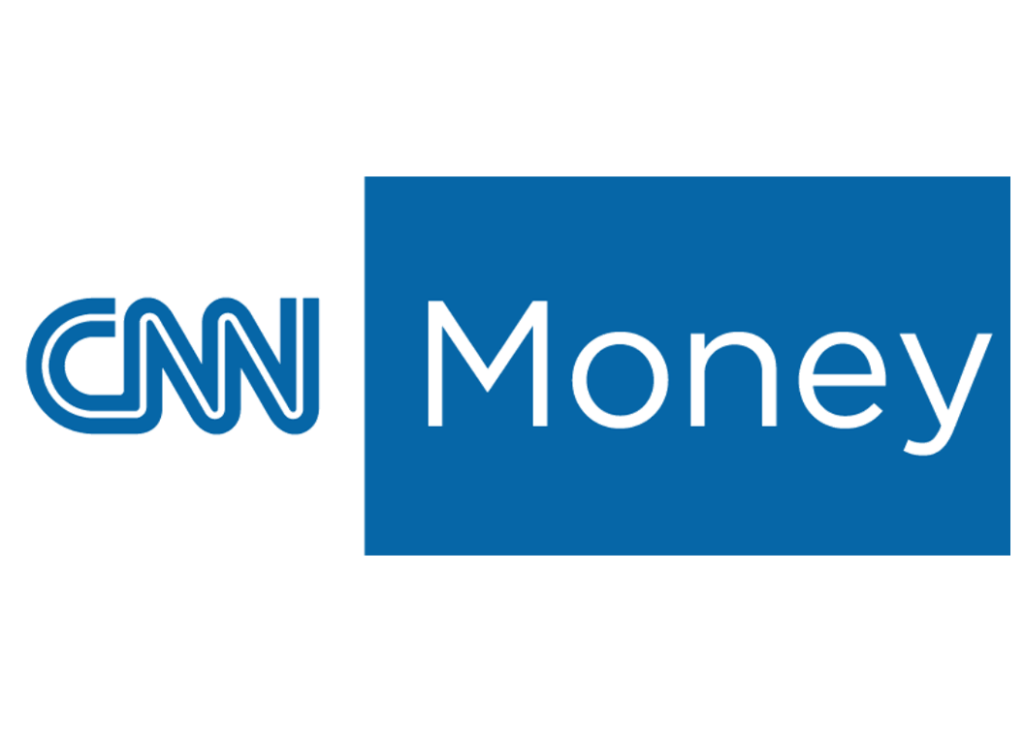You may have heard about the Inflation Reduction Act (IRA), passed earlier this month on August 16, 2022. It’s a hefty ($750 billion) bill intended to fight inflation over time, raise taxes on large corporations, and boost clean energy use in the U.S.
The IRA promises to make investments that will lower costs, level the playing field, and open up historic opportunities for America’s 33 million small businesses and innovative startups.
While these goals sound reassuring, what does this act really mean — or do — for small businesses?
Frankly, the IRA’s provisions are many and complicated. We’ll give you a brief overview of how the IRA will likely impact small businesses — and examine the advantages and disadvantages that small business owners should know.
What Is the Inflation Reduction Act?
As the bill’s name suggests, the IRA aims to reduce inflation. But how?
The IRA primarily focuses on three methods to achieve this: lowering the U.S. deficit, taxing large corporations, and lowering the cost of prescription drugs.
The Congressional Budget Office estimates that inflation will fall roughly 0.1 percentage points within five years. In other words, the impact on inflation won’t be immediate — and will barely make a dent in inflation for the foreseeable future.
Still, the Penn Wharton Budget Model projects that the IRA will decrease the deficit by more than $264 billion over the next decade.
While inflation is concerning for business owners, the more noteworthy elements of the IRA for small businesses have to do with taxation and moves to bolster clean energy.
Tax Reform and Implications
First, the IRA will raise taxes on large corporations by raising the minimum tax — by 15 percent — on businesses that generate a financial statement income that exceeds $1 billion annually for three consecutive prior tax years. But this change won’t take effect until the beginning of 2023.
Since the intent is to hike taxes on approximately 150 billion-dollar companies that currently pay no or limited tax, small businesses are unlikely to see tax increases.
Second, the bill imposes a 1 percent excise tax on the corporate buyback of company shares.
Third, taxes on the wealthiest Americans will also rise. Families making $400,000 will see their taxes go up, although no other personal income level will be affected.
Fourth, the Internal Revenue Service (IRS) is earmarked to receive $80 billion in Federal government funding, mainly to beef up tax collection and audits on large companies and wealthy individuals.
Officials estimate that roughly $600 billion more in taxes should be paid yearly than currently, primarily because of underreporting of income by the very wealthy.
Stepped-up IRS enforcement and oversight may sound ominous to many small business owners. No one wants an audit. However, the Treasury and the IRS have indicated that the target of these audits is primarily businesses and individuals who make more than $400,000 annually.
Some of the $80 billion is earmarked to upgrade and modernize the IRS’ systems and customer service lines.
These changes to taxation have been a large part of the headlines. However, the IRA also contains several positive, if incremental, tax changes for small businesses. These include:
- An extension of the pass-through deduction from 2025 until 2027. The pass-through deduction was originally part of 2017’s Tax Cuts and Jobs Act. It allows many “pass-through” entities, such as partnerships and S Corporations, a 20 percent deduction on business income.
- An extension and enlargement of the existing R&D tax credit. Formerly, the R&D credit could be applied against income or payroll taxes, but if it was the latter, a limit of $250,000 existed. It is now $500,000.
Climate Change
The IRA contains multiple provisions intended to fight the climate crisis by supporting clean energy production. Some of these have the potential to benefit small businesses, particularly those whose businesses either can benefit directly or benefit from embracing renewable energy.
The most notable climate policy provisions are contained in tax incentives for clean energy security and production, such as:
- Tax credits for homeowners who install solar panels or a wide range of energy-efficient products like HVAC systems, heat pumps, and water heaters.
- Tax credits for small business owners to purchase electric vehicles, either new or used. The “clean vehicle credit” is $7,500 for vehicles such as SUVs and pickups with an $80,000 price tag; the amount is $55,000 for other vehicles.
- Multiple tax credits for clean energy construction and efficiency measures through 2033.
The bill is estimated to reduce greenhouse gas emissions by roughly one gigaton by 2030. If it does, that’s expected to reduce the effects of climate change, including air pollution emissions, weather-related events such as extreme forest fires, increased hurricane damage, etc.
Installing clean energy systems in homes and electric cars will also save energy and fuel costs for all who use them — businesses and consumers alike. Among the bill’s climate goals include saving American families an average of $500 per year on their energy costs.
Healthcare
In general, the IRA aims to reduce health care costs for American families. The act includes $64 billion to avert health insurance premium increases for Americans who buy coverage through the Affordable Care Act (ACA). On average, about 13 million Americans will save $800 per year on health insurance premiums.
The IRA will additionally extend subsidies on the ACA until 2025. Previously, the subsidies were set to end at the end of 2022. If you use the ACA for yourself or your employees, this can benefit you.
One of the most important provisions of the IRA is allowing Medicare to negotiate the price of prescription drugs with pharmaceutical companies, which will ultimately reduce certain prescription drug costs. Those on Medicare will have a $2,000 cap on out-of-pocket prescription drug costs annually. But lower prescription drug prices, including out-of-pocket cost caps, won’t take effect until 2025.
How will the Inflation Reduction Act Impact Small Businesses?
As you can see from the overview, the potential impact on small businesses is likely to be mixed. If projections on inflation reduction prove true, for example, that will benefit not only all businesses but all consumers.
For some small businesses, the climate change provisions may boost demand. Suppose your business industry produces clean energy appliances, contracting, or building, for instance. In that case, the residential tax credits on clean energy could bring a significant upswing in business. Similarly, your business may benefit from the tax credits that encourage using electric vehicles.
But while these taxation aspects are primarily beneficial, the increased oversight by the IRS likely should be on your radar. The $80 billion in new funding is intended to hire a significant number of new IRS agents — and more IRS agents likely means an increase in IRS audit rates within the next few years. The Treasury and the IRS have indicated that these audit rates will primarily affect businesses and individuals making more than $400,000 annually. Still, we anticipate the gross number of audits for all taxpayers to increase over time.
That said, there are many ways to protect against an audit and ensure you have a smooth audit if it occurs. Small business owners should file their accounting, business taxes, and payroll appropriately. It’s essential to work with qualified tax professionals and maintain complete records.
It’s also prudent to avoid actions that serve as red flags for an audit. These include not filing payroll tax returns, deductions far outside of averages for your industry, and multiyear reporting of losses.
Possible Advantages
- Declines in inflation over time, reins in costs
- Potential tax advantages, including tax credits for electric vehicles and extension of pass-through and R&D credits
- Potential boosts in business activity, particularly for businesses centered on a residential building, remodeling, and provision of clean energy systems
- Potential opportunity to upgrade to clean energy sources, such as electric vehicles and fleets
- Reduced carbon emissions have the potential to curb climate change-related events, such as extreme weather (fires, hurricanes, floods)
- Energy cost savings for businesses and residences that take advantage of clean energy systems and electric cars
- Extension of ACA subsidies for you and employees, if they use the ACA
Possible Disadvantages
- Increased IRS funding may increase your potential for audits
- Possible disadvantages to businesses centering around fossil fuels or non-electric cars, as the IRA will incentivize clean energy in housing and electric vehicles
How To Prepare as a Small Business Owner
The advantages and disadvantages of the IRA, to some degree, will depend on your business’s nature.
For example, if your business can benefit from the bill’s emphasis on clean energy, you’ll likely gain a business advantage. But if your business centers around fossil fuel provision or production, this act may negatively impact your business.
Still, all small businesses will likely be in a different environment regarding IRS enforcement. The best action you can take as a small business owner is to prepare for the likelihood of audits — and ensure your business audits will have a favorable outcome.
To protect your business from the effects of the IRA, small business owners should generally work with tax and other professionals on current taxes and oncoming changes. Filing taxes and related tasks, such as accounting and payroll, are complicated and require expertise.
Not only that, but trying to manage accounting, taxes, and payroll can take a large amount of a small business owners’ time. And if you’ve just started your business, doing so will likely take even more time, and you’re more likely to make mistakes.
A common small business mistake is trying to do it all by yourself — or inadvertently misaligning your business’ needs and priorities. You can easily outsource your business needs, such as taxation, accounting, and payroll, to professionals.
Audits can be expensive and time-consuming; Audits can result in fines, increased taxes, and augmented scrutiny. But they don’t have to if you take targeted steps to protect your business.
How Guidant Financial Can Help
Guidant Financial offers accounting, taxes, and payroll services to help ensure that your business files and taxes are accurate. Our professionals can proactively protect your business against risks, such as audits.
In fact, if you use 401(k) business financing (AKA Rollovers for Business Startups) with Guidant Financial, we’ll pay for all your audits because we stand by our professionals and our product.
Not only will Guidant Financial’s business services safeguard your business from potential audits, but these services will help you simplify and streamline your business’ needs.

